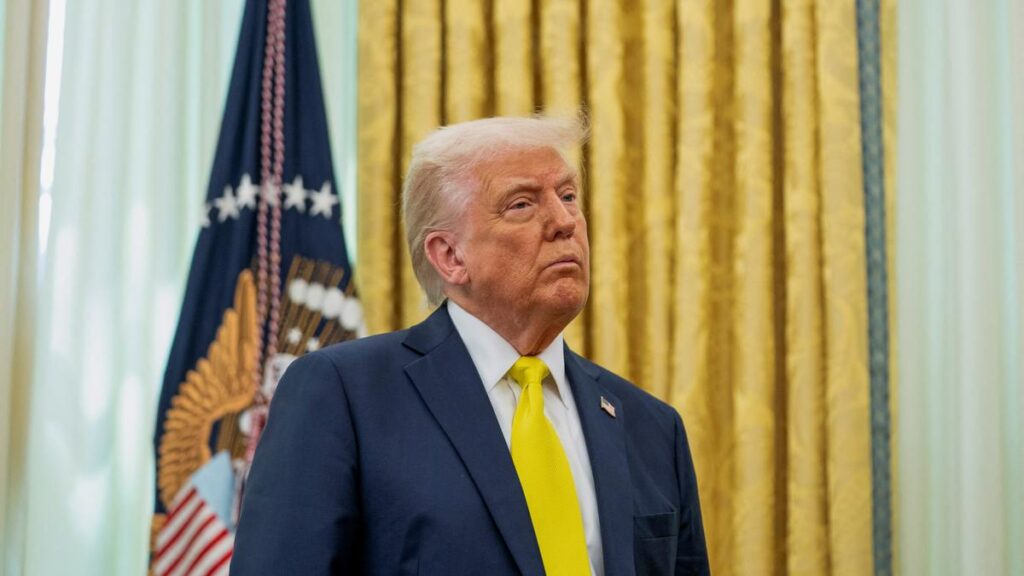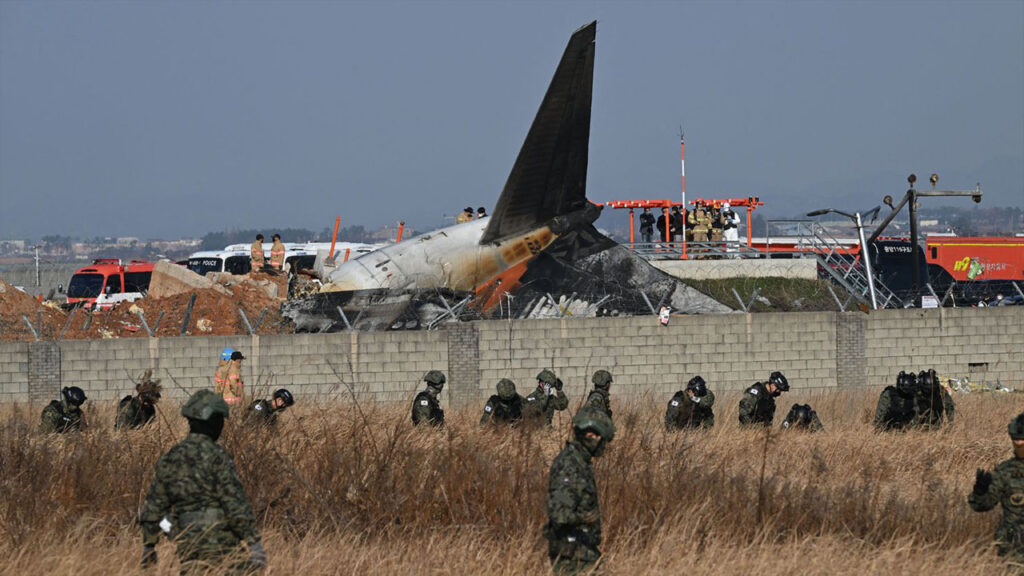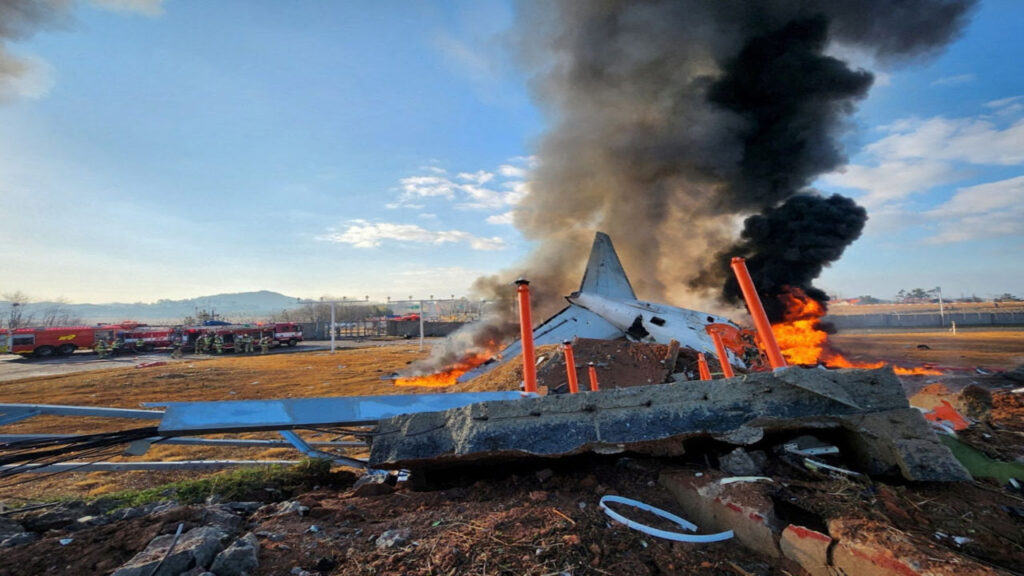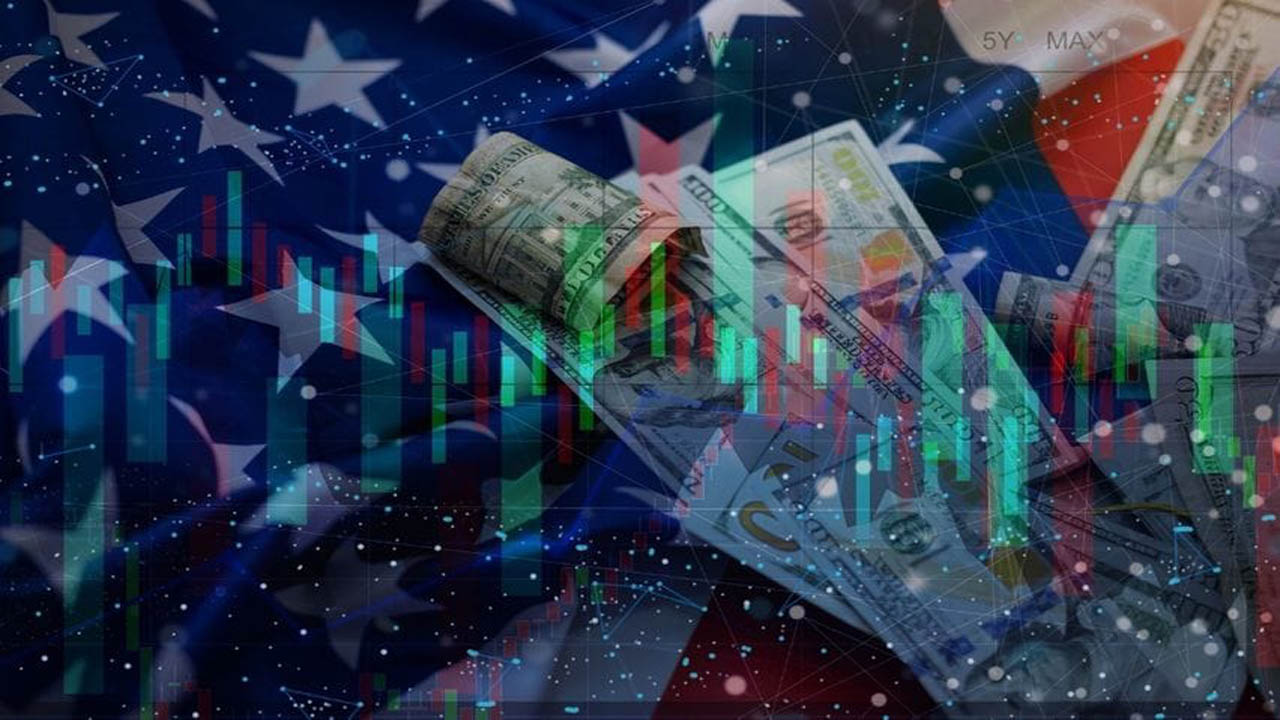Now Reading: South Korea’s Constitutional Court Ousts President Yoon Suk Yeol, Upholding Impeachment Over Martial Law
-
01
South Korea’s Constitutional Court Ousts President Yoon Suk Yeol, Upholding Impeachment Over Martial Law
South Korea’s Constitutional Court Ousts President Yoon Suk Yeol, Upholding Impeachment Over Martial Law
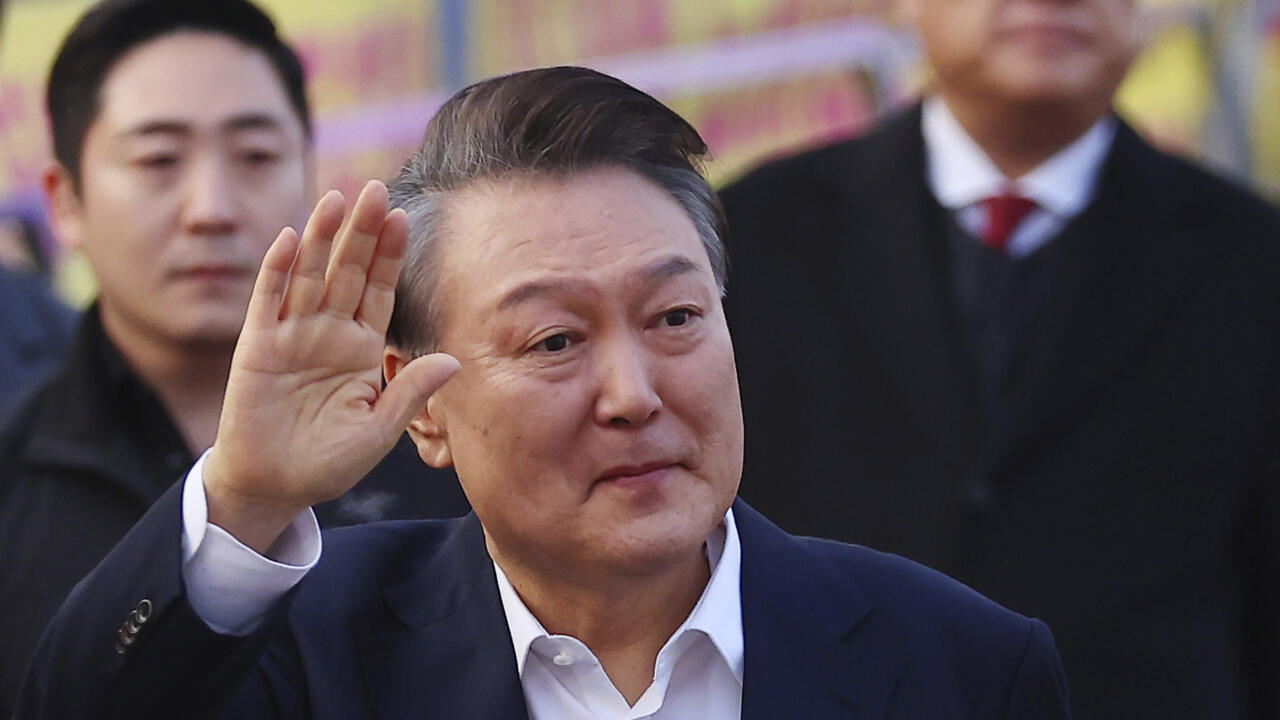
Seoul, South Korea – In a landmark ruling that has plunged South Korean politics into profound uncertainty, the Constitutional Court has upheld the impeachment of President Yoon Suk Yeol, effectively removing him from office. The court’s decision, announced on Friday, April 4, 2025, stems from Yoon’s controversial declaration of martial law, a move that sparked widespread outrage and accusations of authoritarian overreach.
The unanimous verdict from the eight-member Constitutional Court bench represents a dramatic downfall for Yoon, whose presidency has been marked by escalating political turmoil. The court’s acting chief, Moon Hyung-bae, delivered the ruling, stating that Yoon’s martial law decree constituted a severe violation of the South Korean constitution and related laws.
“The defendant not only declared martial law, but also violated the constitution and laws by mobilizing military and police forces to obstruct the exercise of legislative authority,” Moon 1 stated in the nationally televised verdict. “Ultimately, the declaration of martial law in this case violated the substantive requirements for emergency martial law.”
The court emphasized the gravity of Yoon’s actions, stating that the “grave negative impact on constitutional order” and the “significant ripple effects” of his violations necessitated his removal from office.
Political Fallout and Public Reaction:
The court’s decision has ignited a firestorm of reactions across South Korea. In downtown Seoul, jubilant anti-Yoon protesters erupted in cheers and tears upon hearing the verdict. Conversely, supporters of the ousted president gathered outside his official residence, expressing shock and dismay.
The political landscape now faces significant upheaval. According to South Korean constitutional law, a presidential election must be held within 60 days. In the interim, Prime Minister Han Duck-soo will serve as acting president.
The events leading to this historic ruling involved:
- Martial Law Declaration:
- Yoon’s declaration of martial law, intended to quell legislative gridlock, was deemed by the court as an unconstitutional overreach of power.
- The deployment of military and police forces to the National Assembly further fueled accusations of authoritarianism.
- Impeachment Proceedings:
- The opposition-led National Assembly initiated impeachment proceedings, accusing Yoon of violating the constitution.
- The Constitutional Court’s subsequent ruling affirmed the validity of these charges.
- Public Unrest:
- The political crisis triggered widespread public protests, highlighting deep divisions within South Korean society.
- There have been reports of heightened tensions, and increased police presence to maintain order.
- Legal Consequences:
- Yoon also faces a separate criminal trial on charges of insurrection related to his martial law declaration.
Economic and International Implications:
The political instability has raised concerns about potential economic repercussions. The Korean won experienced fluctuations following the court’s decision, and analysts are closely monitoring the situation.
Internationally, South Korea’s allies are observing the developments with caution. The nation’s stability is considered crucial for regional security.
This event marks a very important moment in South Korean political history. And it is important to remember that this is a developing situation, and that the following weeks will be very important for the South Korean people.

